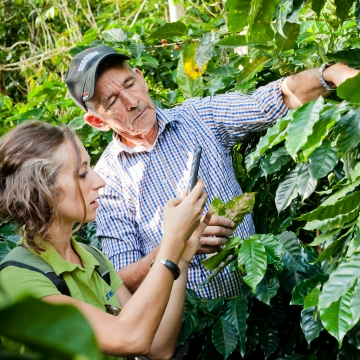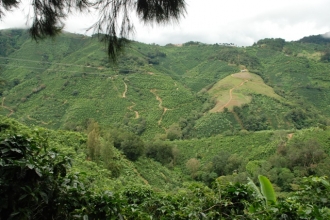Anonymity, Reciprocity, and Conformity: Evidence from Voluntary Contributions to a National Park in Costa Rica
The purpose of this paper is to test the absolute as well as the relative importance of these three reasons for non-selfish behavior. This is done by conducting a natural field experiment on voluntary contributions to a national park in Costa Rica.





